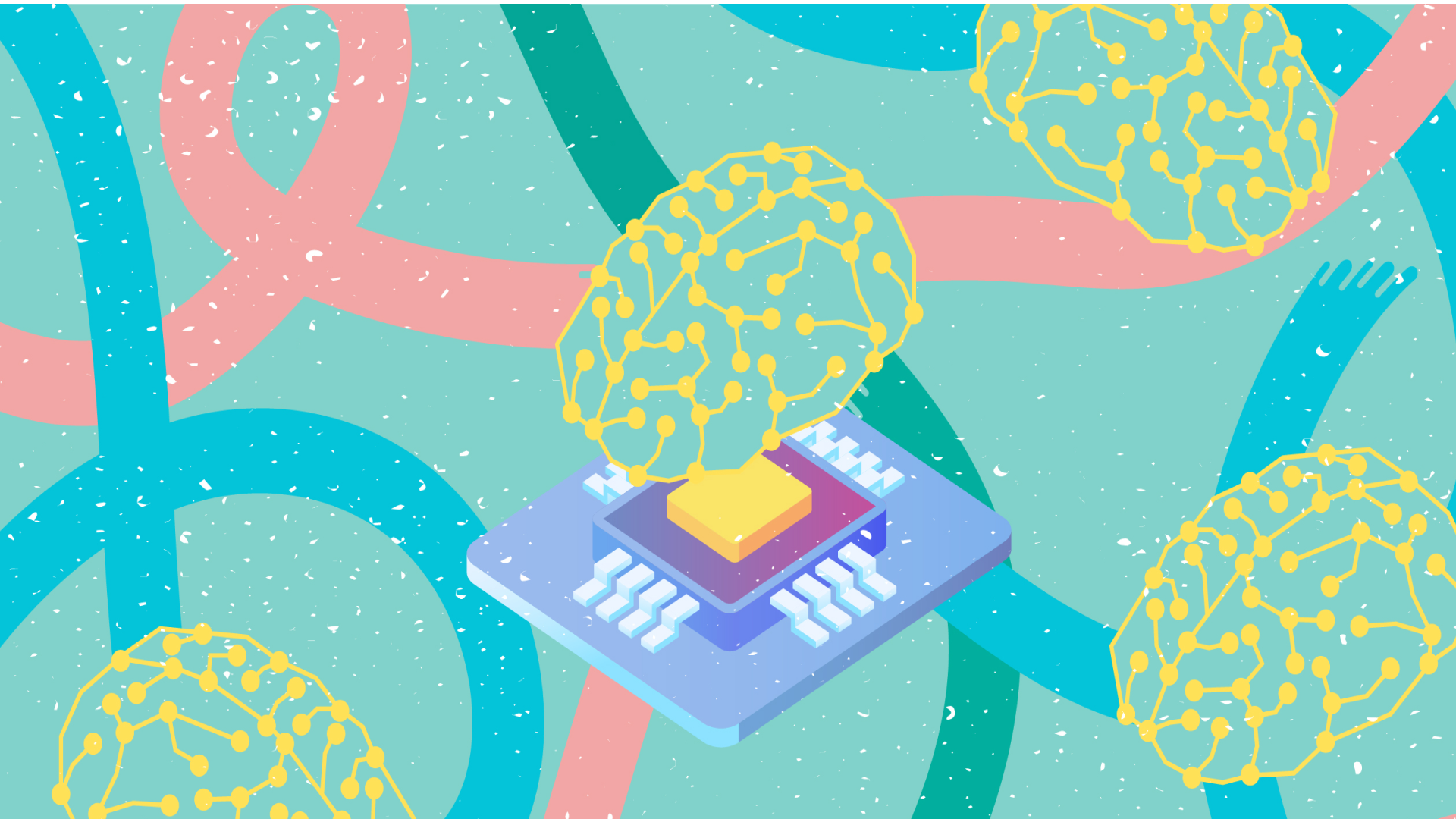Brain|Technology Convergence I
 GIP Global Classroom
GIP Global Classroom

Course Description
Mobile and wearable neurotechnologies are poised to alter how we learn, work, play and heal.
They impact learning, performance, decision-making and creativity and affect cognitive and
mental health. We stand at the threshold of the brave new ‘Cyber-Brain Systems’ era (also
referred as ‘Brain Systems’ or ‘Internet of Brains’ [IoB]).
The Brain|Technology Convergence I: Cyber-Brain Systems [BTC I] is the first in a series of
transdisciplinary ‘collaborative’ courses offered by an international team of scientists and
researchers drawn from human-centered and technology-driven disciplines. These opinion
leaders recognize that the rapidly shifting IoB front points to our knowledge deficit in
humanities, design philosophy, iethics, social and legal sciences, economics and all other
disciplines focused on the human condition.
Therefore, the primary objective of this course is to expand the learner’s scientific horizons and
enlarge her professional networks and global community. BTC I complements courses in
neurosciences and neuroengineering and brings a new perspective to human, social, design and
business studies.
BTC I is open to qualified learners from all disciplines at Drexel University as well as
partner institutions globally. International learners are invited to contact the course
instructor for acceptance. This course is part of the Global Innovation Partnership
(GIP) curriculum.
Students will gain
- Exposure to emerging frontiers in human system integration, humanoid robots,
human-robot teaming and ‘human autonomy’
- Introduction to neuro-ergonomics, neuro-learning, neuro-economics, neuro-
gaming, neuro-esthetics, neuro-ethics, neuro-rights, neuro-governance and law
- Understanding of the ‘reality-on-the-ground’ by interfacing directly with thinkers
and makers of the field
- Critical thinking skills that dispel myths and immunize against urban legends and
media hype
- A place and a voice in the civil discourse on brain|technology convergence as
members of the rising generation cyber-citizens